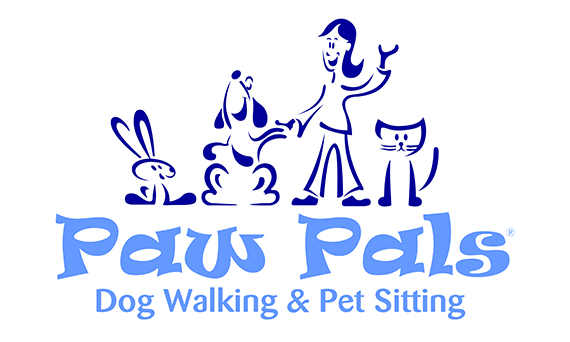As the golden leaves of autumn begin to fall, a myriad of plants release pollen into the air. Homes go from the breezy openness of summer to a more enclosed environment, often gathering more dust. Just as humans can suffer from autumn allergies, our furry companions aren’t immune either. Recognising and managing these allergies can make a significant difference in your pet’s comfort and overall health during this season.
Recognising Allergy Symptoms in Pets
Pets, just like humans, can exhibit noticeable symptoms when they have allergies. Here’s what to keep an eye out for:
- Excessive Scratching or Licking: If your pet is continuously scratching, licking, or biting certain parts of their body, it might be more than just an itch.
- Red, Irritated Skin: Allergic reactions can manifest as skin irritations, especially around the eyes, ears, paws, and belly.
- Ear Infections: Frequent shaking of the head or pawing at the ears might indicate an ear infection, often aggravated by allergens.
- Watery Eyes or Nasal Discharge: Just like us, pets can get runny noses or eyes due to allergens.
- Sneezing: Occasional sneezing is common, but frequent sneezing might be a sign of an allergic reaction.
- Digestive Issues: In some cases, allergies can lead to vomiting or diarrhoea.
Managing and Preventing Autumn Allergies
- Limit Outdoor Exposure: On days when the pollen count is particularly high, it might be wise to limit your pet’s outdoor activities. If they do go out, a gentle wipe down with a damp cloth can help remove allergens from their fur.
- Frequent Cleaning: Regularly cleaning your living space, including vacuuming and dusting, can decrease the number of indoor allergens. Investing in a good air purifier can also be beneficial.
- Maintain Pet Hygiene: Regular baths can help remove allergens from your pet’s skin and fur. Use hypoallergenic or oatmeal-based shampoos for sensitive skin.
- Review Their Diet: Sometimes allergies can be exacerbated or even caused by certain ingredients in their food. Consult with a vet to see if a dietary change might benefit your pet.
- Medication: In cases where allergies are severe, your vet might prescribe antihistamines or other medications to alleviate symptoms.
- Keep Windows Closed: While it’s tempting to let the cool autumn breeze in, it’s better to keep windows closed during high pollen times to prevent allergens from entering your home.
- Check for Mould: Autumn can be damp, leading to mould growth in homes. Ensure your home is well-ventilated and free of mould, as it can be a potent allergen for pets.
Autumn is a season of change and beauty, but for some pets, it can also be a time of discomfort due to allergies. By staying observant and proactive, pet owners can ensure their beloved furry friends enjoy the season without the itchiness or discomfort that allergies can bring. Always consult with a veterinarian if you suspect your pet might be suffering from allergies. They can provide a definitive diagnosis and guidance on the best care plan.
Remember, Paw Pals is here to help. Whether you need advice or specific services to cater to your pet’s needs during the allergy season, don’t hesitate to get in touch!
